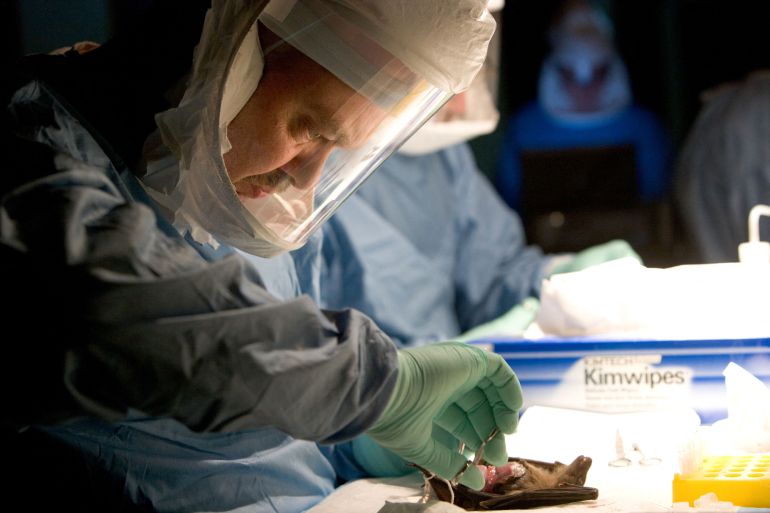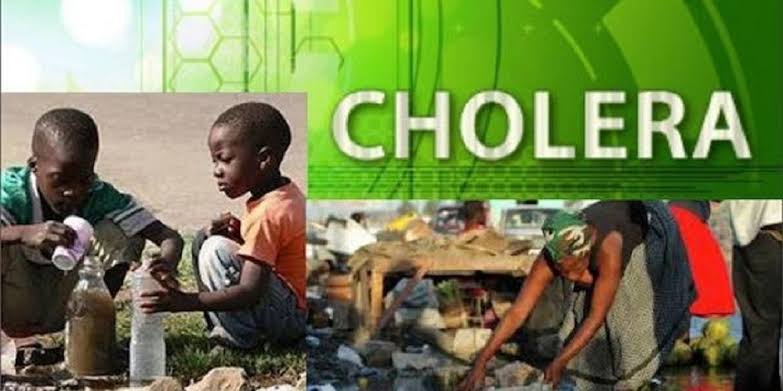WHO Approves Mpox Emergency Vaccine

The World Health Organization (WHO) has approved a groundbreaking new test for the detection of mpox, offering a faster and more accurate diagnosis of the disease.
The new “real-time PCR test”, Alinity m MPXV assay, enables health workers to identify the virus from skin lesion swabs, eliminating the need for lengthy and cumbersome laboratory testing.
This innovative approach promises to revolutionize the global response to mpox, particularly in the Democratic Republic of the Congo (DRC), the epicenter of the outbreak, where only a fraction of suspected cases have been tested.
The approval of this test represents a significant milestone in the fight against mpox, offering a glimmer of hope to those affected by the disease, particularly in areas where healthcare infrastructure is less developed.
It also underscores the crucial role that technological advances can play in addressing pressing public health challenges, enabling rapid diagnosis and containment of outbreaks before they can escalate into full-blown epidemics.
The WHO’s move to approve this test highlights the importance of international cooperation in the global effort to tackle infectious diseases, which know no borders and respect no boundaries.
As the world grapples with the ongoing threat of mpox, the approval of this new diagnostic test represents a step forward in our understanding of the disease, as well as our ability to respond swiftly and effectively to outbreaks.
However, this development must be viewed in the wider context of the global public health landscape, which continues to be plagued by inequities in access to healthcare, resources, and technology.
The introduction of this rapid, accurate diagnostic test for mpox offers a potent reminder of the need for continued investment in public health infrastructure, research, and innovation, particularly in areas of the world that are most vulnerable to infectious diseases.
As the world increasingly recognizes the interconnectedness of human health and the health of the planet, it is incumbent upon governments, policymakers, and civil society organizations to work collaboratively to create a more equitable and resilient global health system that is capable of detecting and responding to emerging threats.
In the wake of the mpox outbreak and the approval of this groundbreaking diagnostic test, it is essential that we learn from the successes and failures of our collective response, leveraging these experiences to inform and enhance our approach to future public health challenges.
As we continue to confront the increasingly complex and interconnected nature of global health, the need for cooperation, coordination, and innovation has never been more pressing.
Ultimately, the battle against mpox and other infectious diseases is not simply a matter of medical technology or public health policy, but rather a question of political will and social justice.
To truly vanquish these threats and build a more equitable and resilient global health system, we must challenge the entrenched social and economic inequalities that continue to leave marginalized communities disproportionately vulnerable to disease and disaster.






